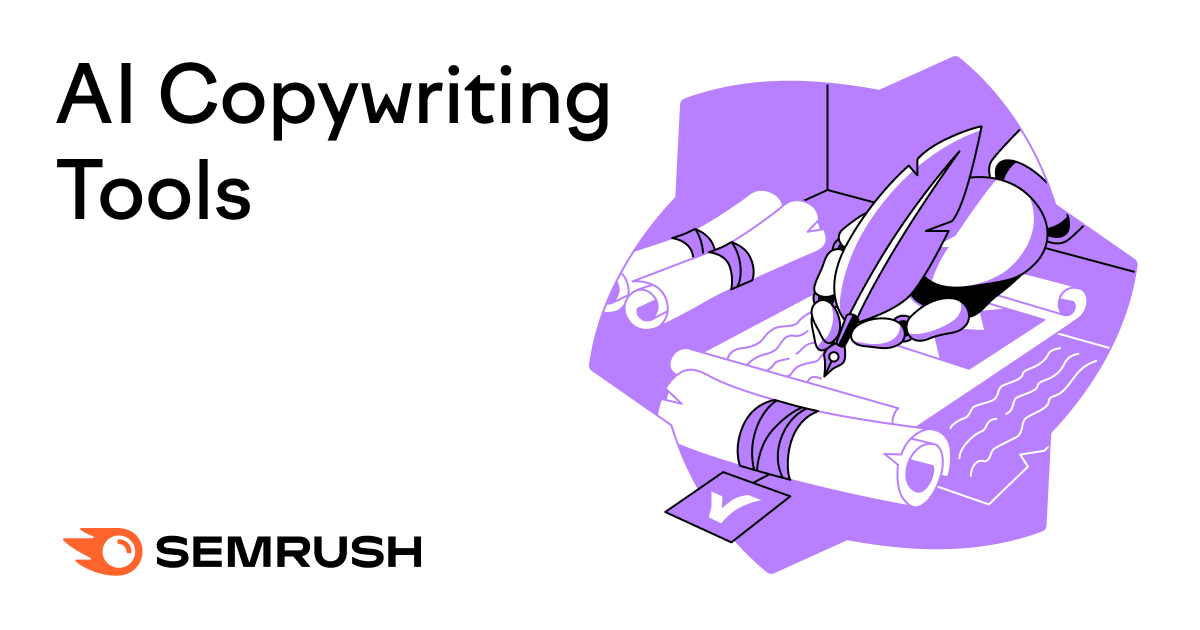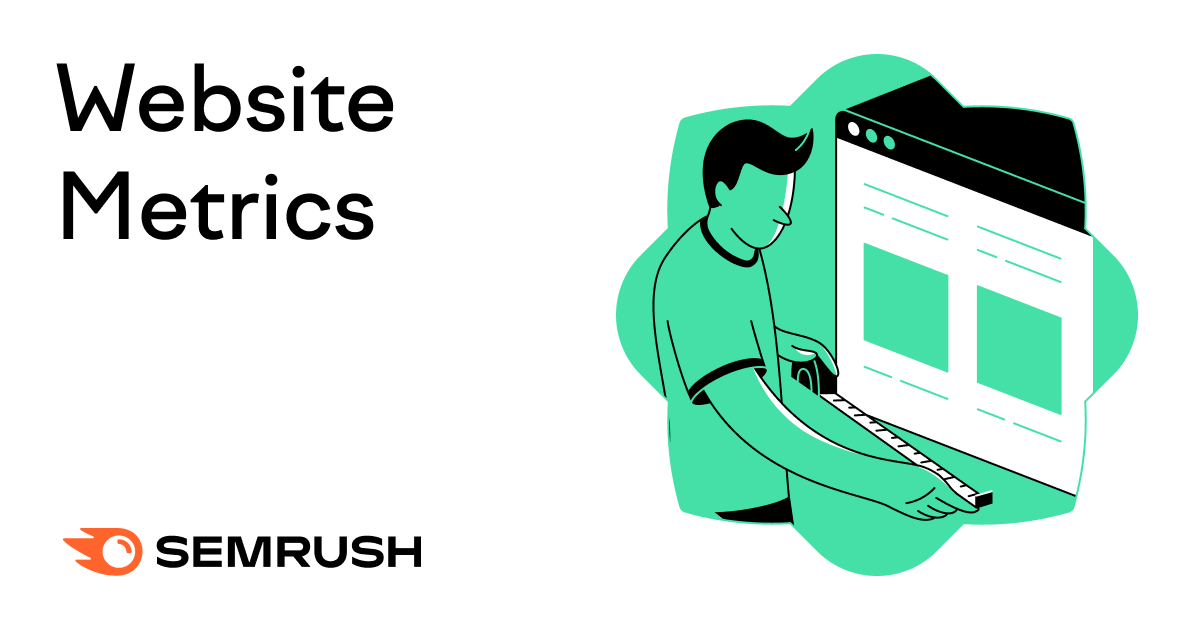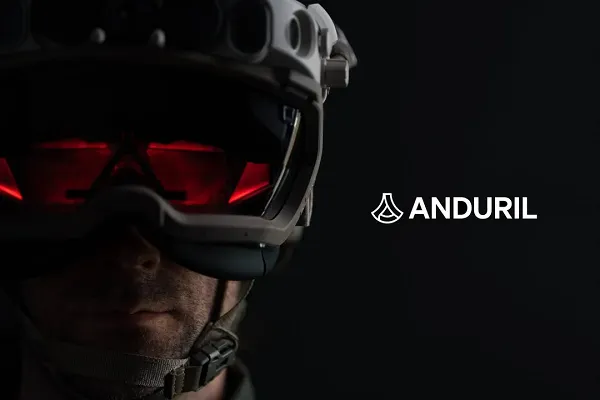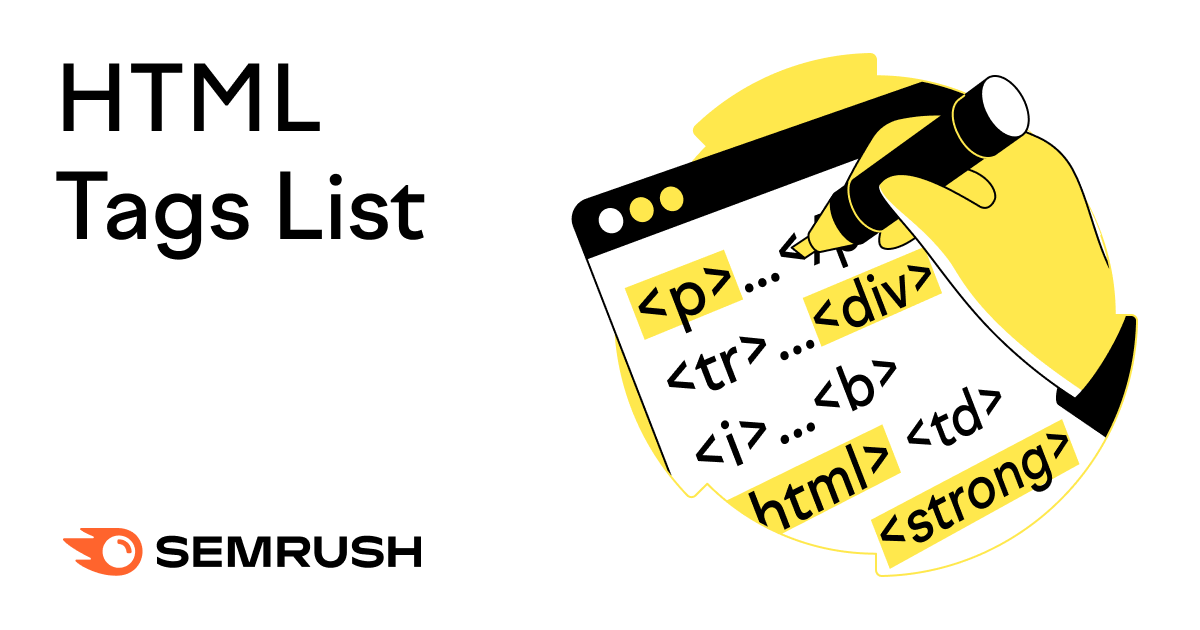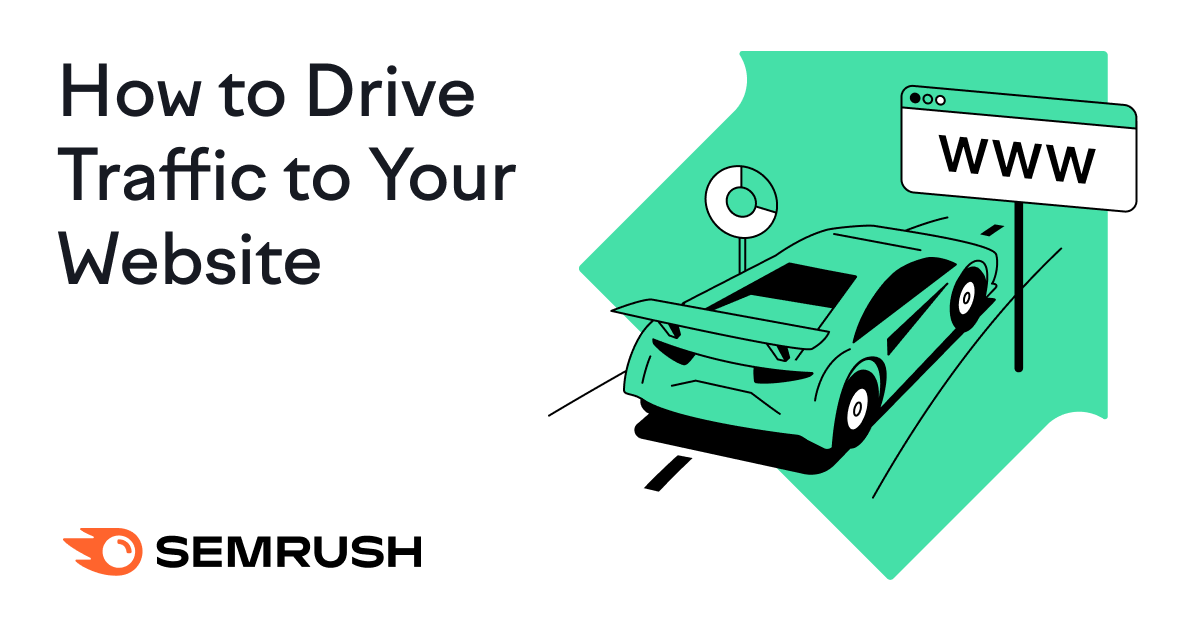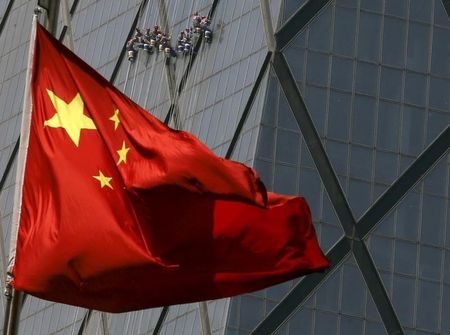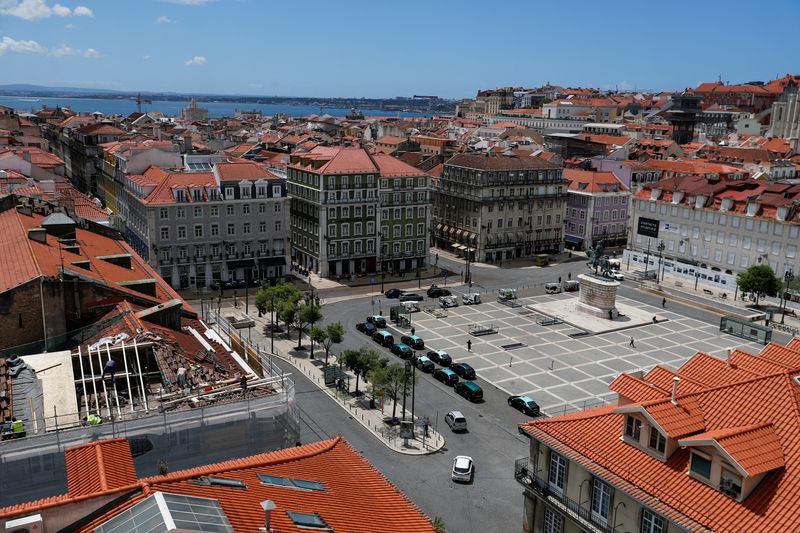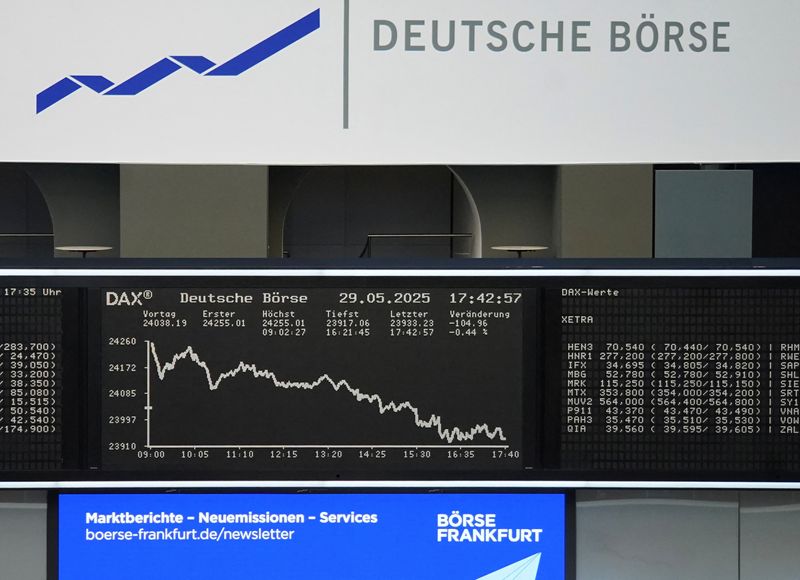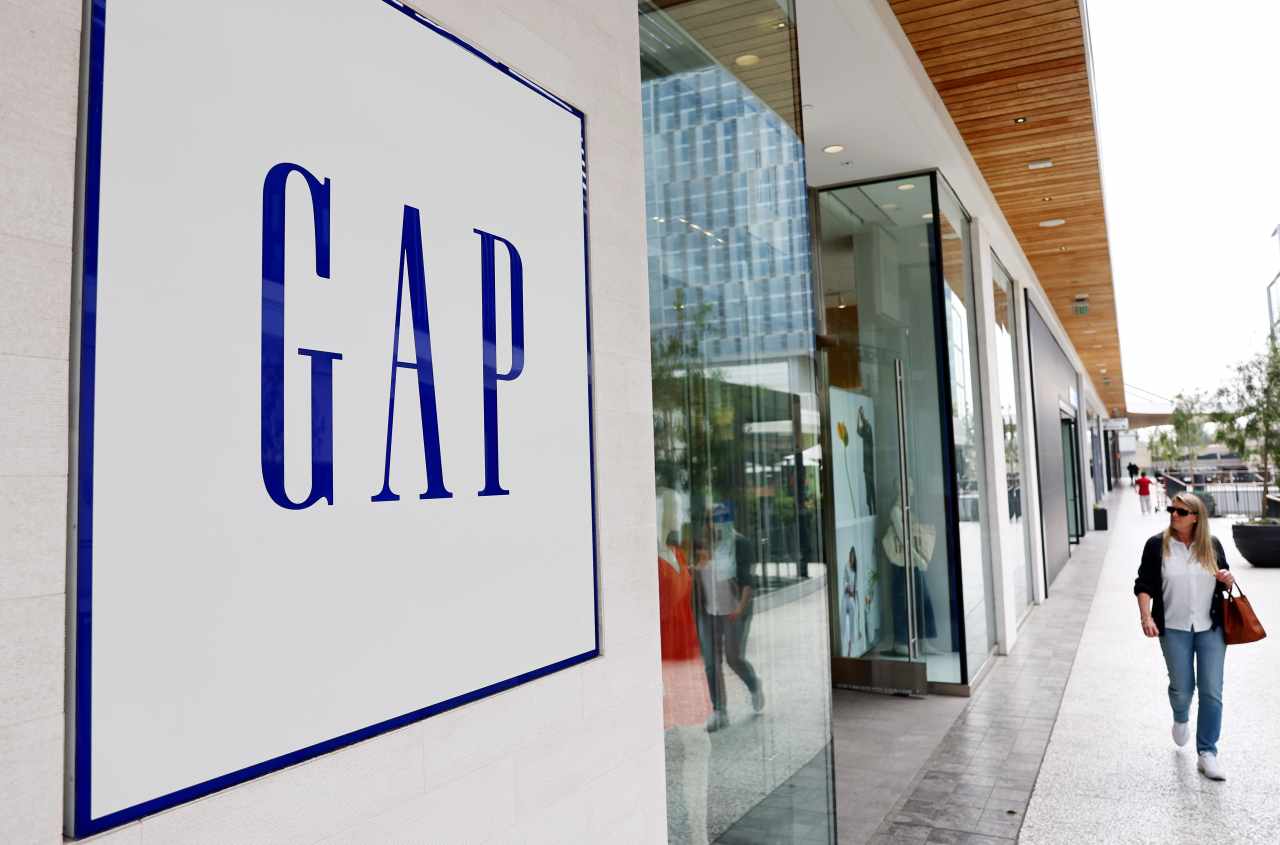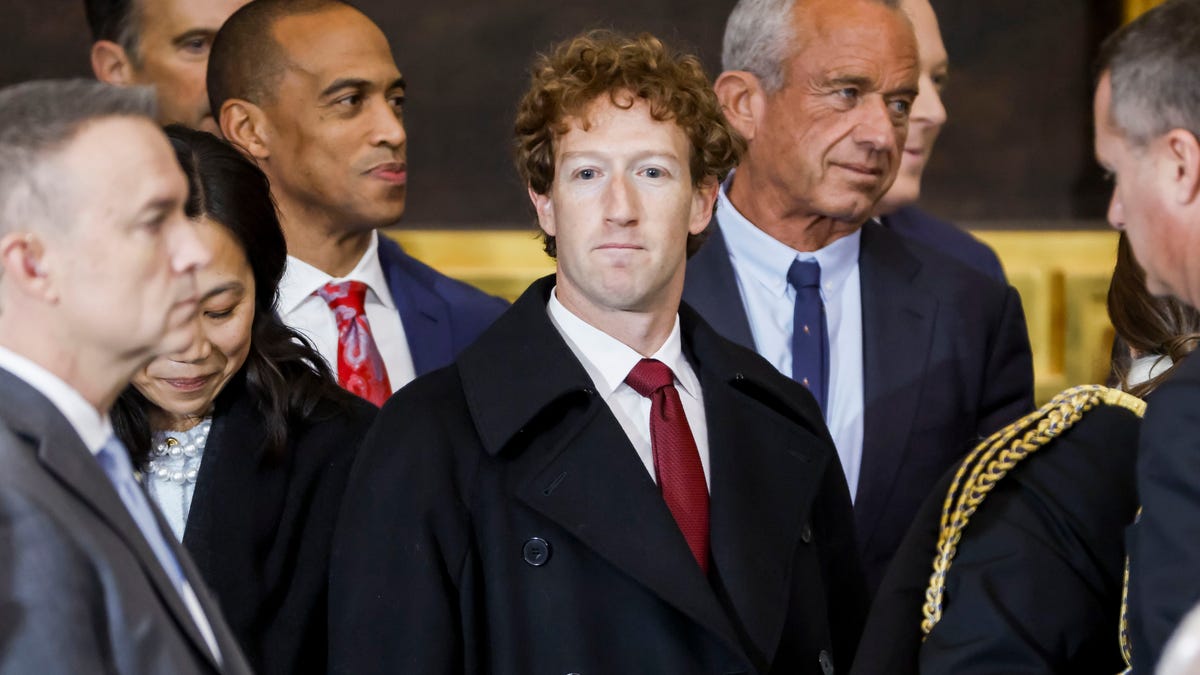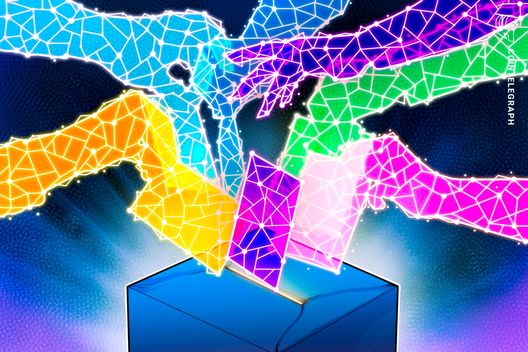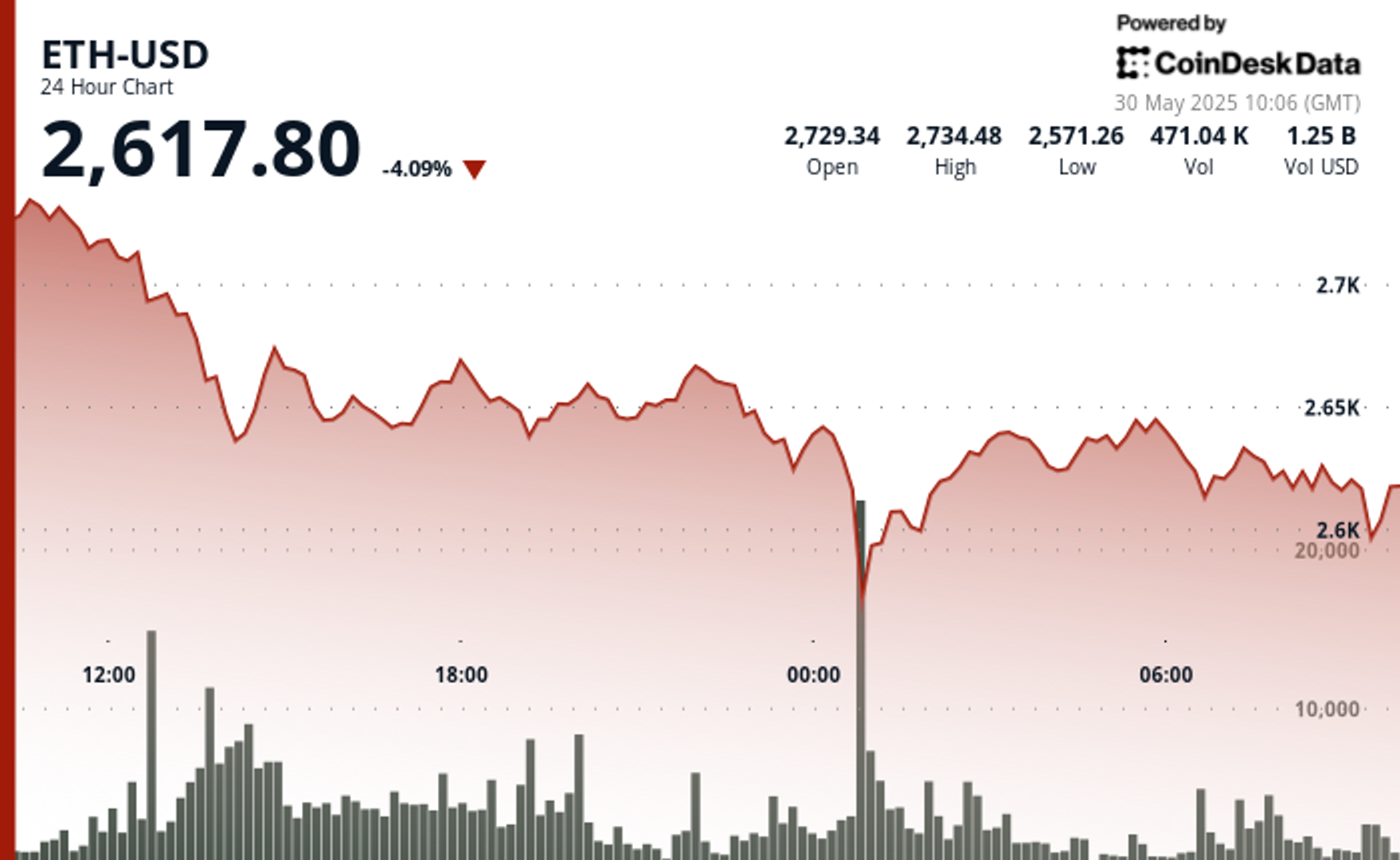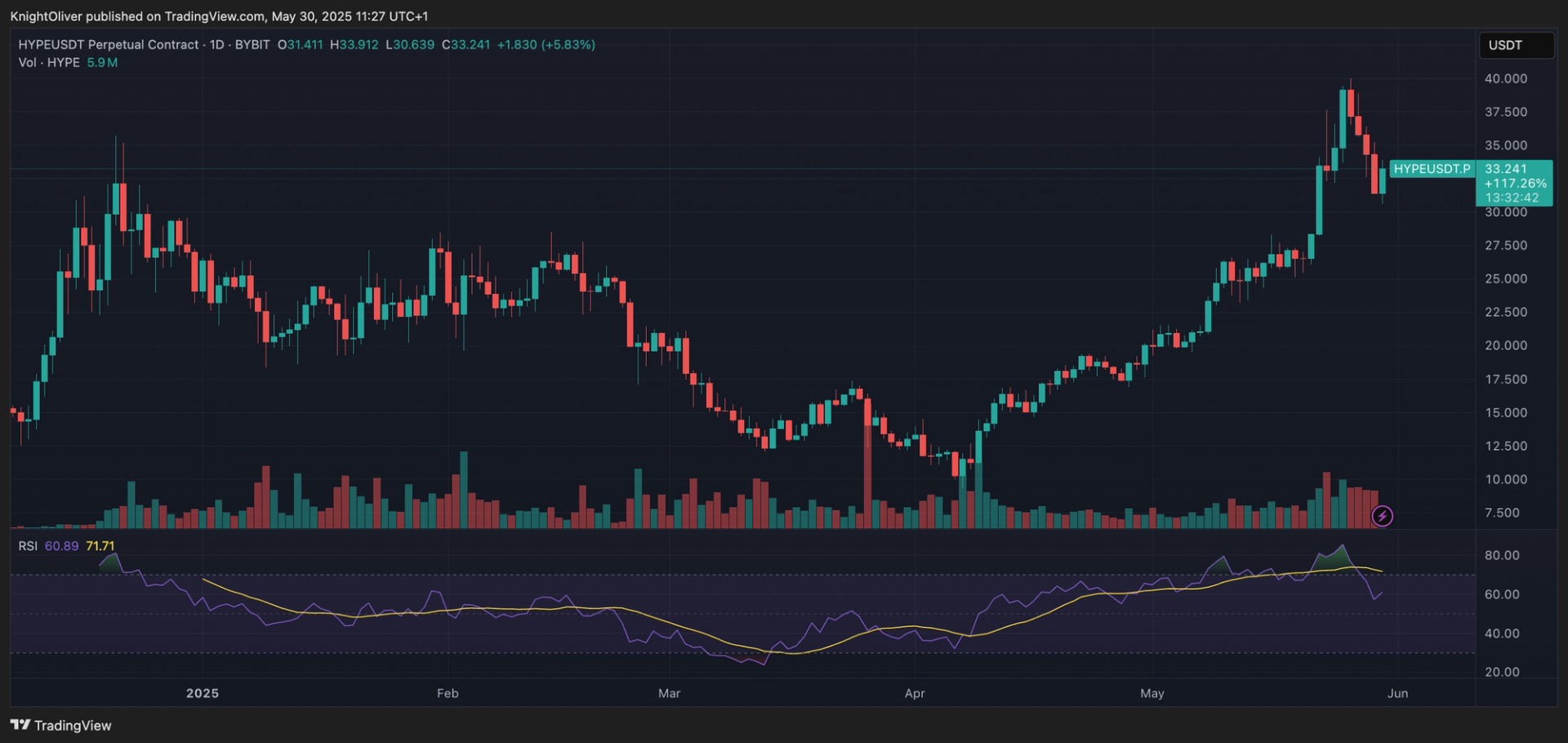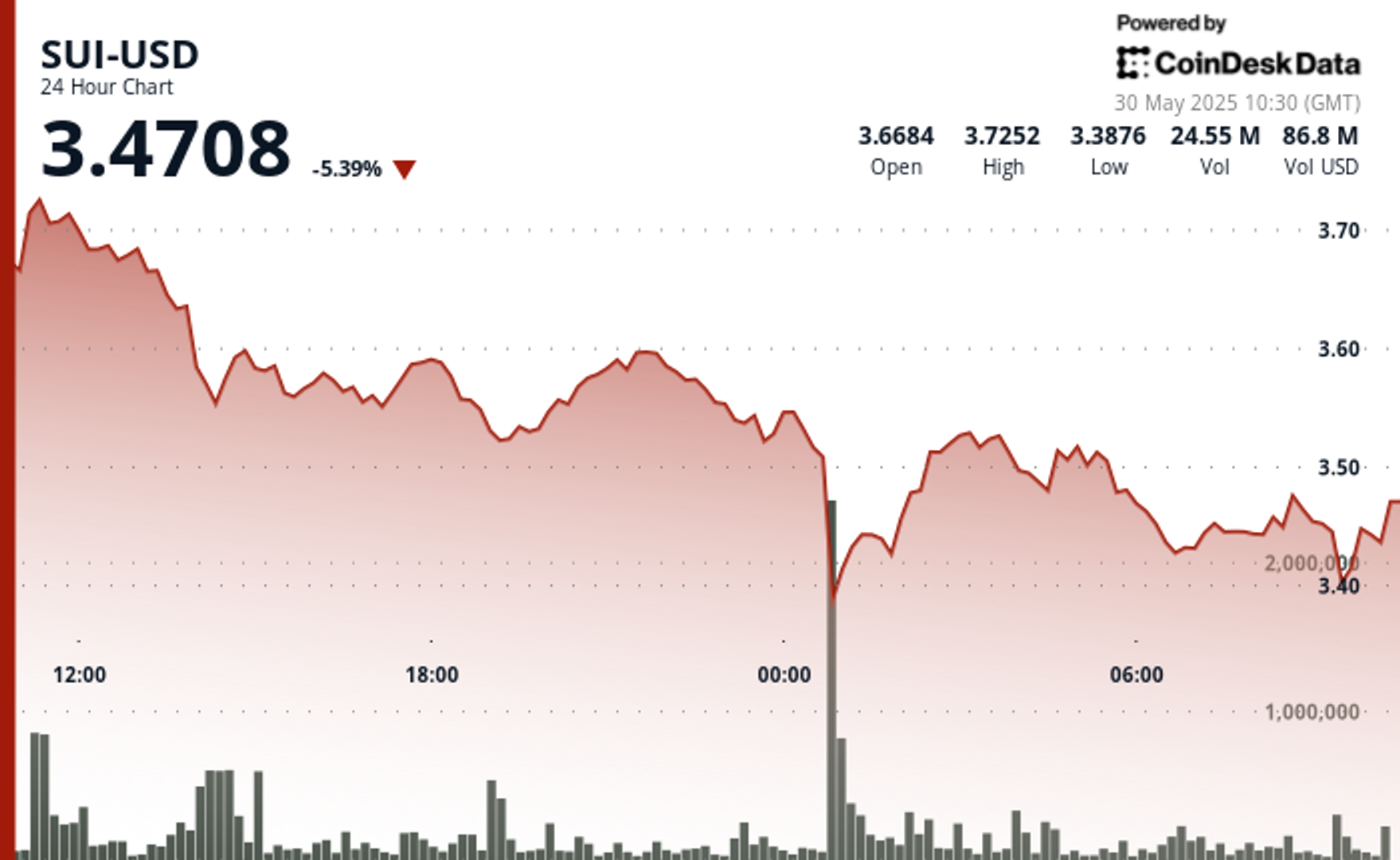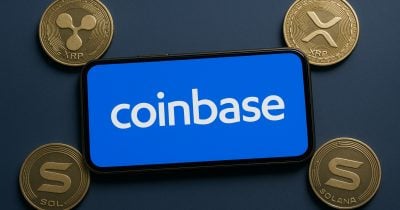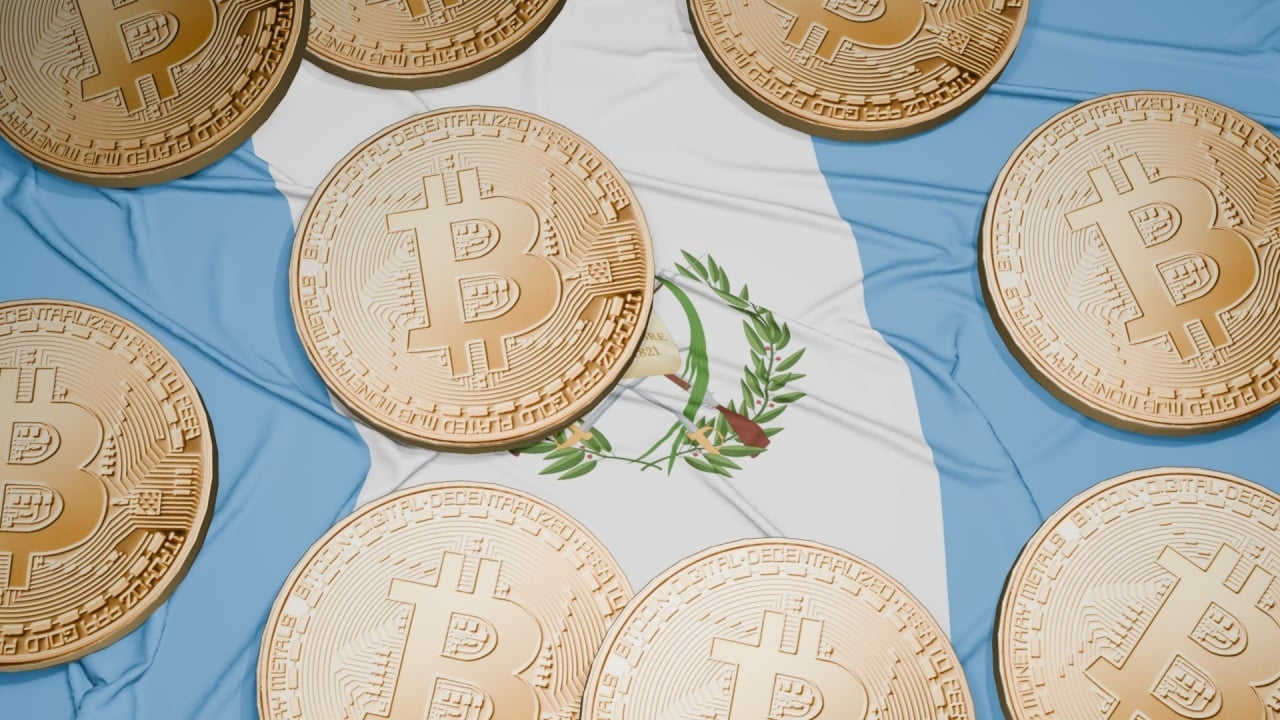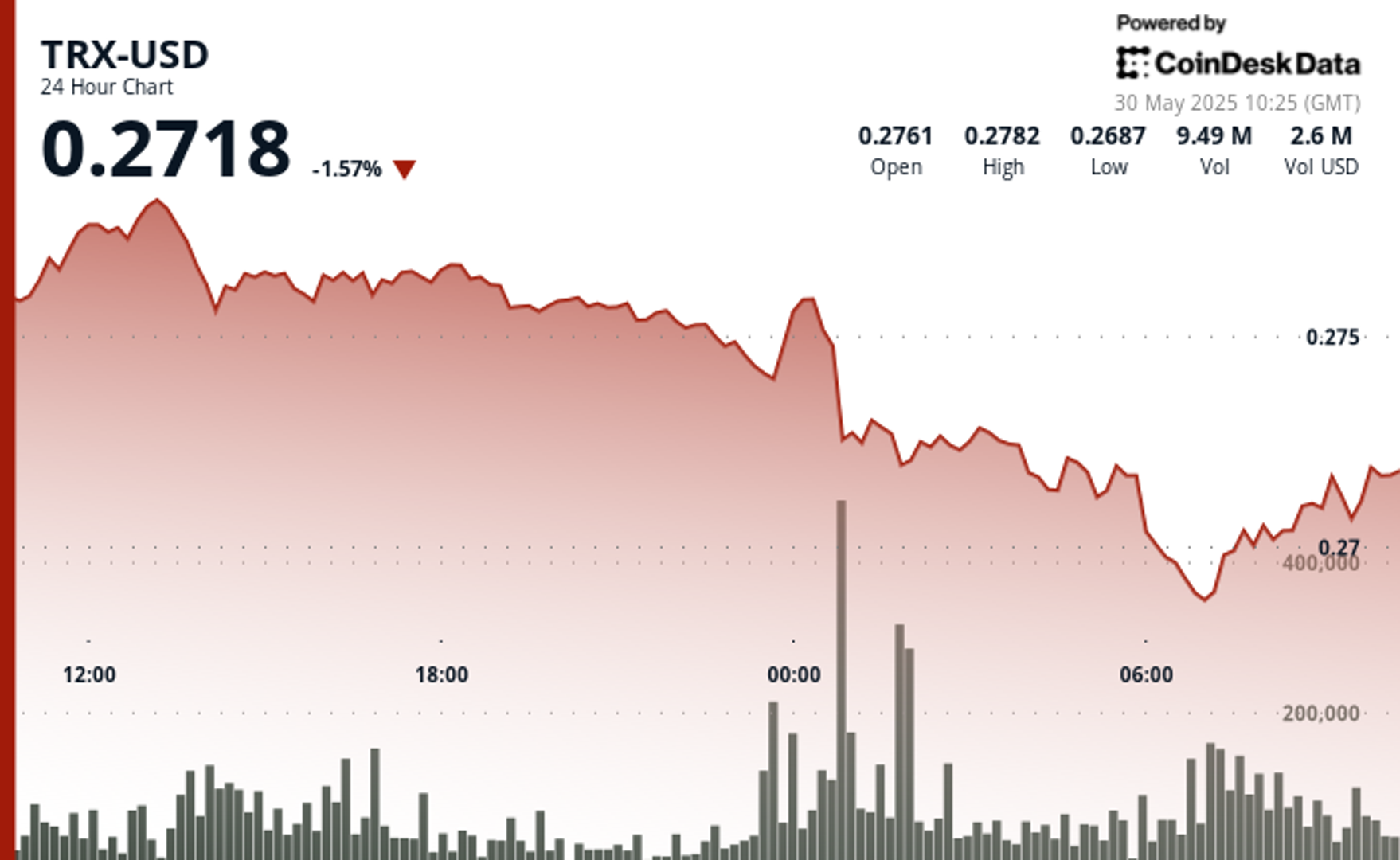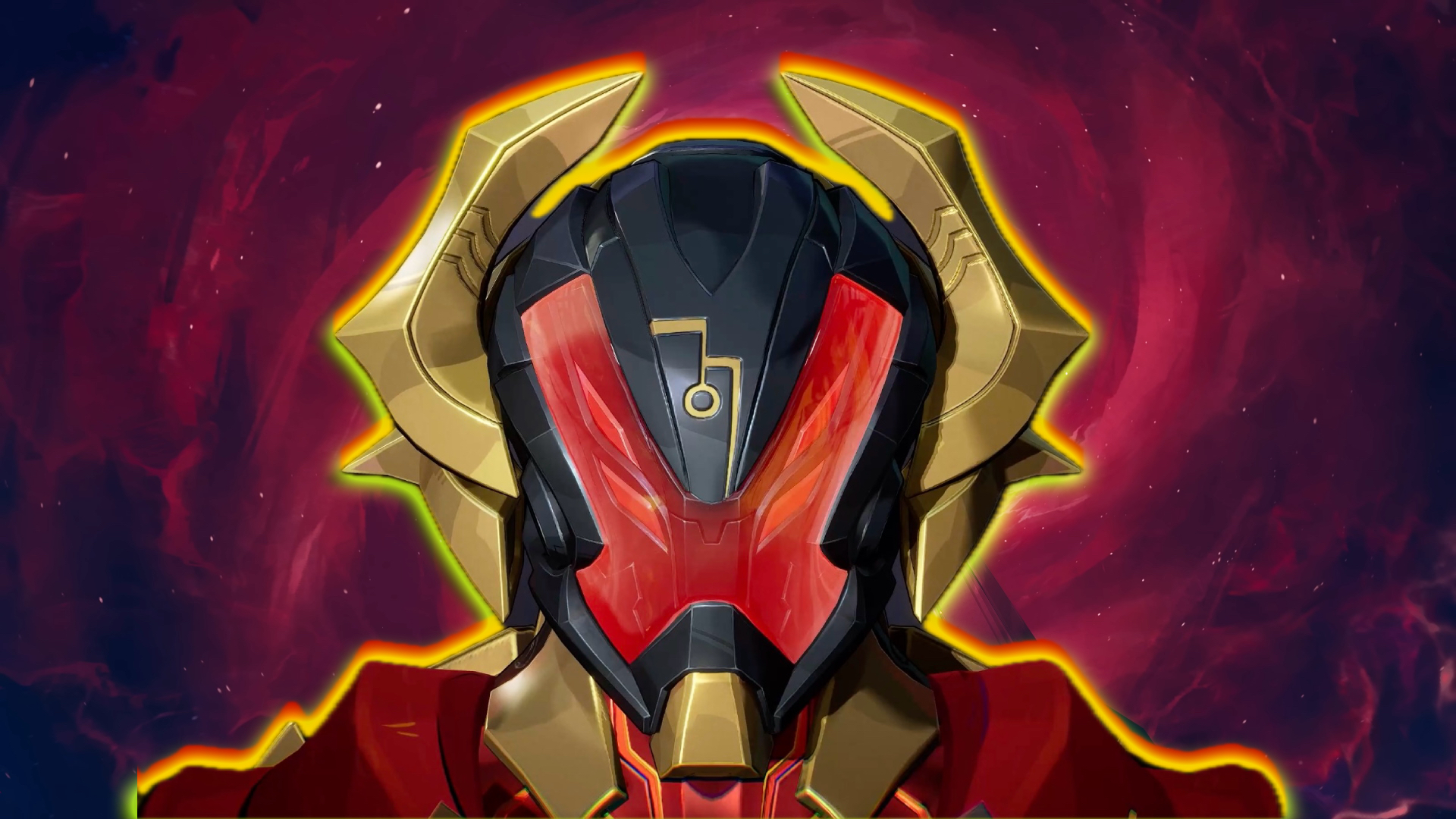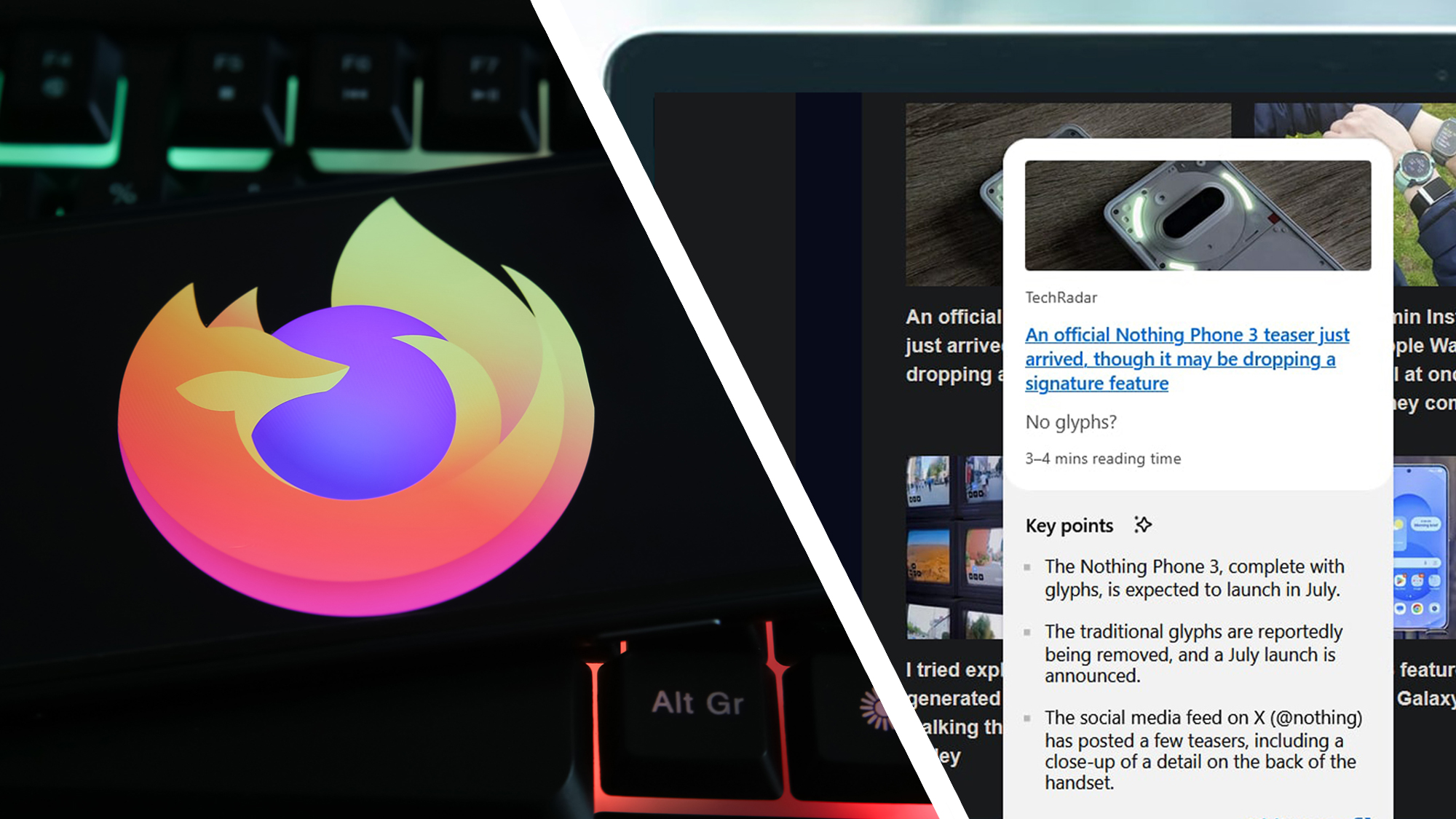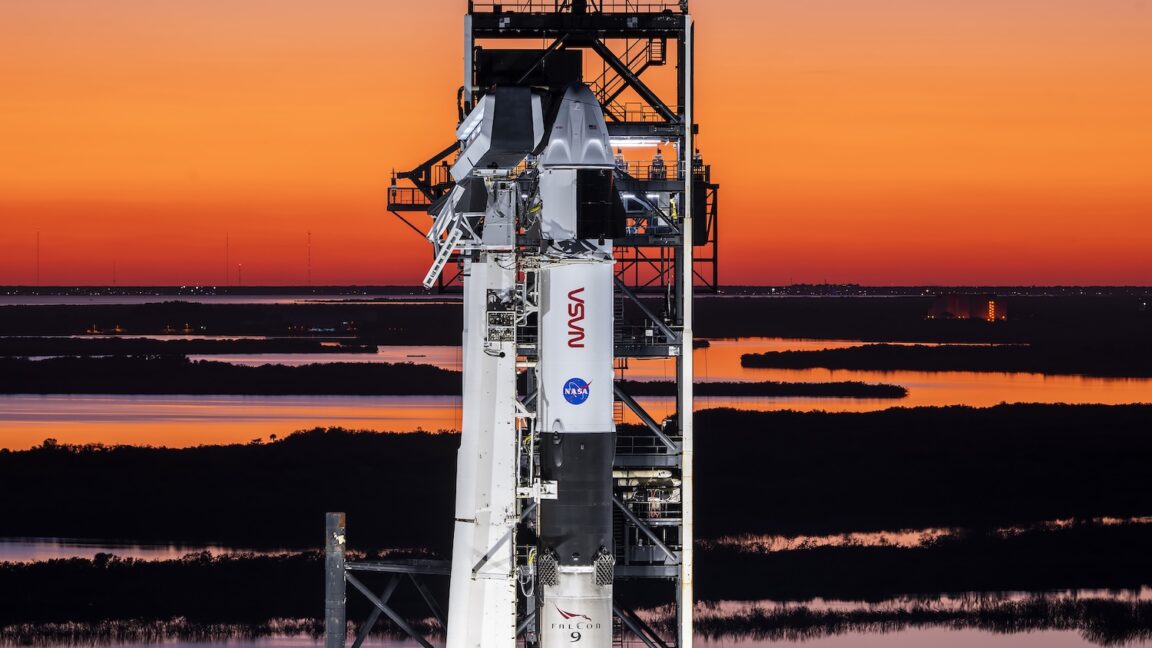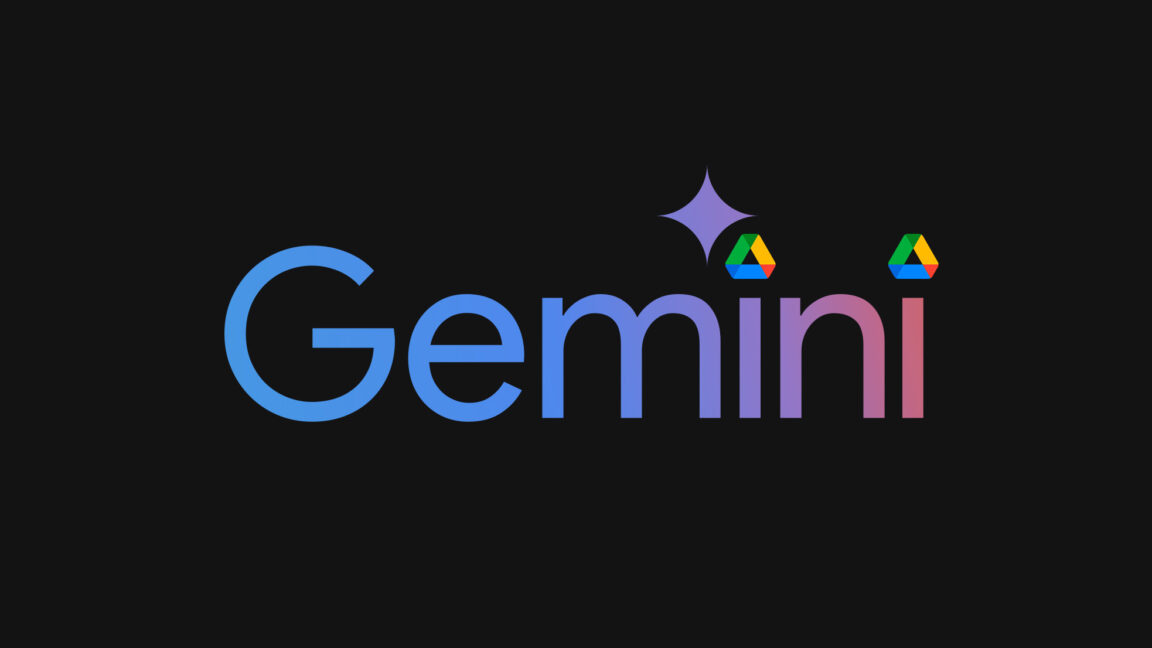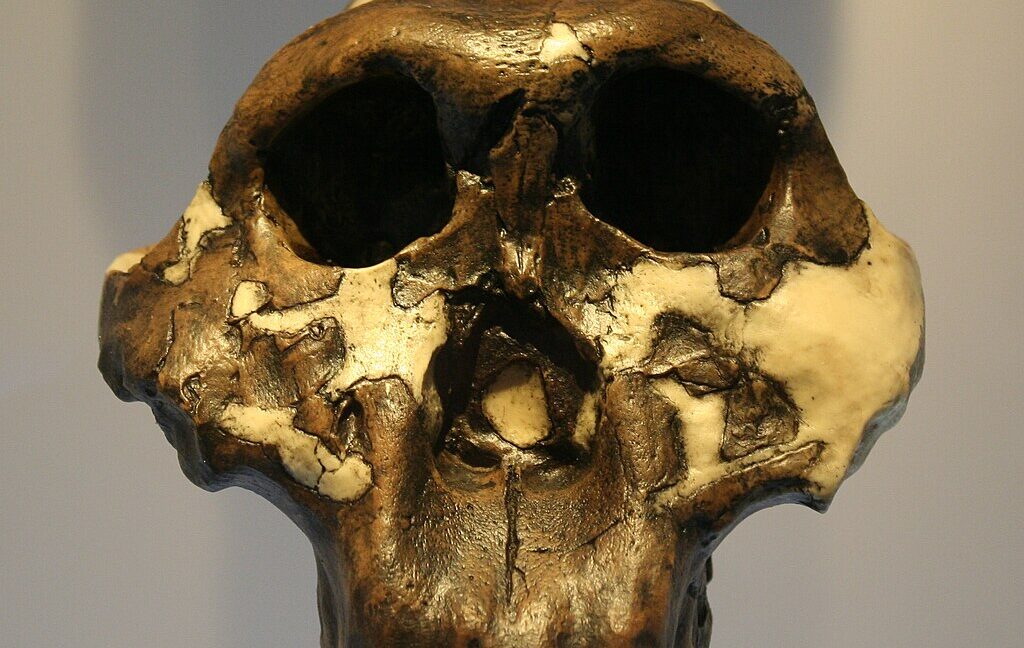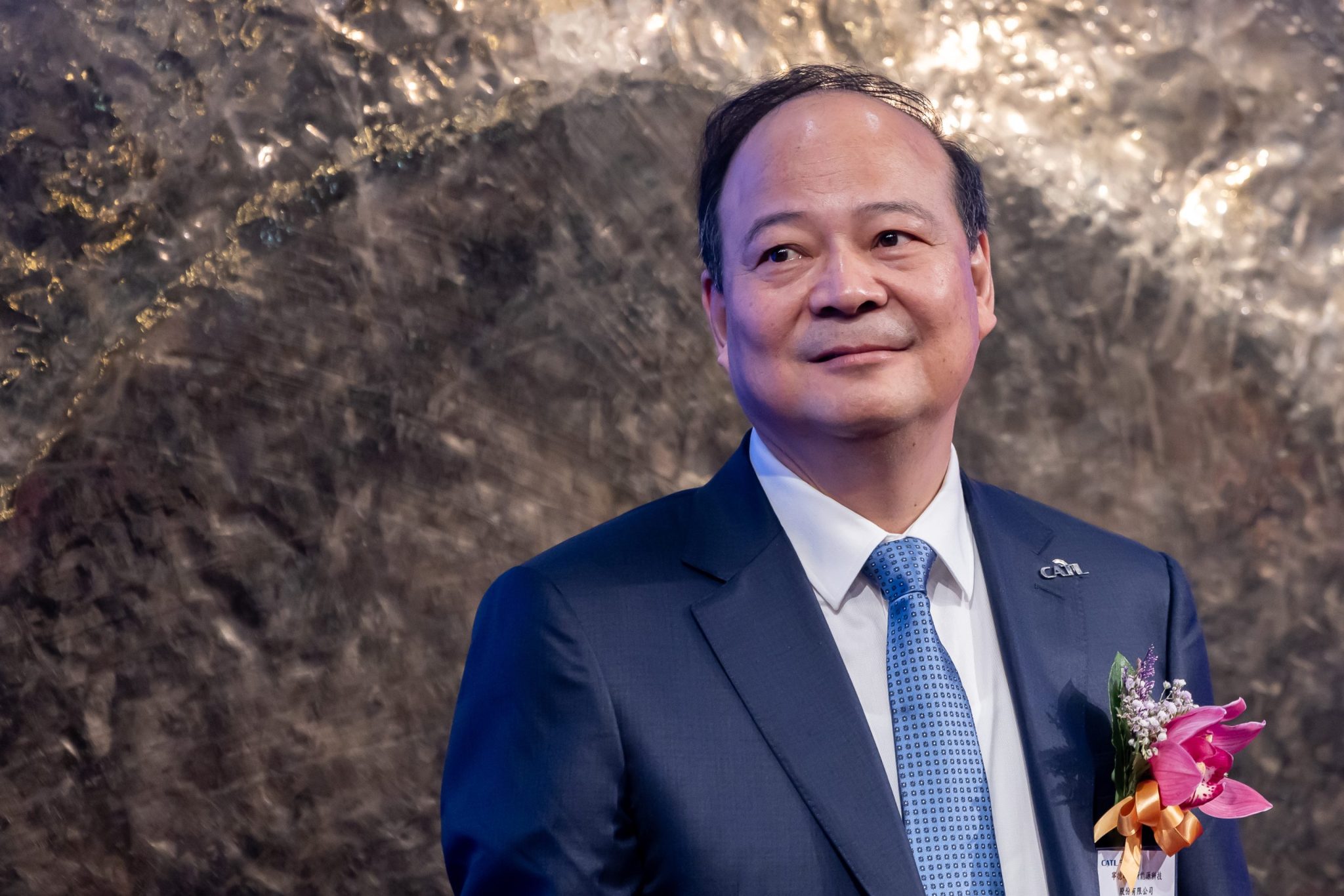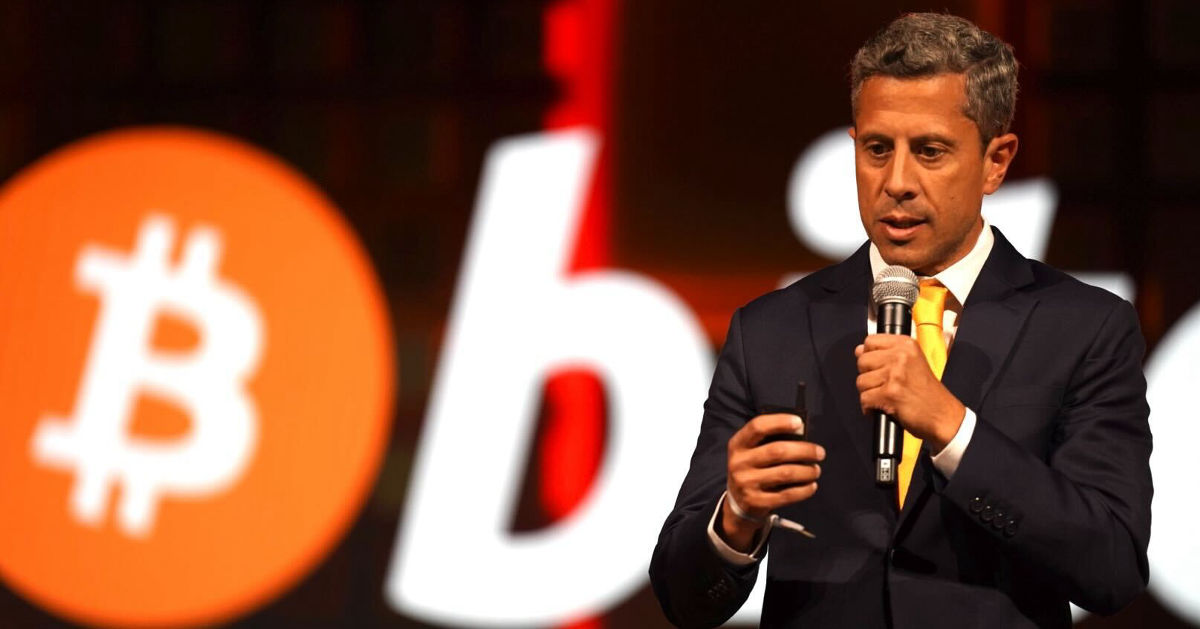Trump has inadvertently shown Europe it needs to build a full-stack AI industry—and avoid a risky reliance
Europe must build tech giants and break into the AI duopoly of the U.S. and China to avoid becoming a pliant vassal.

Europe did not outsource its defense capabilities to the USA, but it did allow itself to become dependent, and hence vulnerable. It did the same with the constellation of industries which create artificial intelligence. On both issues, the dangerous consequences are only truly being felt during President Trump’s second term.
By undermining NATO, attacking U.S. academic institutions, and injecting deep uncertainty into America’s role on the world stage, Trump has suddenly and alarmingly revealed the U.S. to be an unreliable ally. Europe is left exposed.
On defense, European leaders have learned the lesson with initial plans announced to spend €150 billion to rearm the continent. The real objective of this step change is to avoid being dependent on the U.S. for the protection of Europe’s vital interests.
Dangerous dependence
Yet on AI and advanced technologies, the continent has not moved so decisively—and time is running out. For the best part of a century, American firms have been more innovative and more effective at commercializing technology than companies elsewhere. Gradually, without many people noticing, Europe became largely reliant on the U.S. for its own development and deployment of innovative technologies.
If it is unacceptable to be dependent on an unreliable ally for defense, it is equally unacceptable to be dependent for the provision of artificial intelligence. AI is already at the heart of many business and government processes—analyzing data, generating options, taking decisions, and increasingly, implementing them. Imagine if the provider of a vital AI agent suddenly declared it was no longer available.
Facebook now threatens to withhold services from customers in European countries because it does not like their regulations. Its services are valuable, but they are not arbiters of life and death. Yet what if Microsoft or Oracle were to do the same with software that millions of organizations rely on for their most basic operations? What if the Pentagon were to suddenly disable AI agents which are critical to the operation of Europe’s missile defenses?
Full-stack AI
China is not the answer. Trump’s behavior enables China to present itself as the reasonable alternative, and it is surprising that China is not doing more to exploit this opportunity. In any case, no one in Europe thinks that replacing OpenAI with DeepSeek will solve its problems.
If Europeans do not want to become pliant vassals, they really have no choice. Europe must build a full-stack AI industry, from chip manufacturing to data centers and the development of more foundation models like France’s Mistral. It must conduct fundamental research and it must build tech giants.
This will be vastly expensive, and it will not happen overnight. But anything else will leave the people of Europe vulnerable to the whims of others. China has shown that it can be done. In the years since the first big bang in AI took place in 2012—when deep learning arrived on the scene—Beijing’s strategic planning and massive investment has in effect created a global AI duopoly between the USA and China.
Europe does not need to become the world leader in AI, nor even to overtake China to claim second place. But it does need to break into the AI duopoly. It was never a good idea for humanity’s most powerful technology to be the preserve of just two countries.
Private and public
This endeavour must be a joint venture between the public and private sectors, which will annoy ideologues on both the right and the left. The right correctly observes that private companies are better placed than governments to take risks and be innovative. But the left is correct to point out that whole new industries don’t sprout from nowhere. Silicon Valley was seeded by defense money in the 1930s and ’40s, with graduates from Stanford University building radio and radar equipment. Hewlett-Packard, the Valley’s first tech giant, was founded in 1939 and initially focused on electronic test equipment, including for radio systems.
The ingredients of a successful AI industry are data, money, and talent—lots and lots of each of them. Europe has no shortage of data. The EU’s 450 million people (520 million when you add back the U.K.) generate enormous amounts of data as they consume services in health care, education, energy, and all manner of consumer goods. Their governments are as good as any at collecting and analyzing this data.
Europe also has money, but it does a poor job of channelling it toward early-stage tech companies. It will be no small feat to improve this, but the scale of the challenge can be overstated. In percentage terms, U.S. pension funds allocate a hundred times more of their capital to VC investment than their European counterparts do. But it is still only 1.9% of their total capital.
Perhaps the single most important contribution to a strong European technology industry would be the deepening of the single market. Differences of language, taxation, regulation, and custom and practice make it far harder to start a company in Milan and sell its services in Marseille than is the case in Memphis and Manhattan. An obvious part of this process is to reverse the self-harming foolishness of Brexit.
Talent and transformative purpose
Talent is something that Europe has in spades. Its world-class universities churn out a steady stream of talented AI researchers and engineers. But the continent needs to do a much better job of retaining them.
American universities and companies pay better and offer superior access to hardware and other resources. Trump’s attacks on America’s academic institutions may be triggering a brain drain, but Europe will have to up its game to attract and retain that talent for the long term.
Europe needs an AI industry to ensure the welfare and prosperity of its citizens, but it could also aim for something truly remarkable and inspiring—something that seems impossible at first sight but which could nevertheless be feasible thanks to the exponential improvement in technology. Something like curing most cancers within a decade or two.
The nation builder
The task of building an AI industry is not an easy one, but it is also not something that Europe really has a choice about. The alternative is abject surrender to the whims of whoever makes and controls the AIs. The task should not be viewed as antagonistic toward the U.S. or China: It means standing up straight alongside them. It imposes several significant challenges, but they are all worthwhile in their own right.
Trump has shown Europe that it needs to build a full-stack AI industry. The Chinese call him “the nation builder,” but they mean that he is helping to build China rather than the USA. Inadvertently, he could also help Europe rebuild after decades of reliance on America for its defense and its development of innovative technology. Trump is making Europe great again.
The opinions expressed in Fortune.com commentary pieces are solely the views of their authors and do not necessarily reflect the opinions and beliefs of Fortune.
Read more:
- Trump is killing the goose that laid America’s golden eggs
- Europe’s tech sector will benefit from Trump disrupting markets—if it seizes the opportunity, says early Spotify investor
- The EU should cut actual red tape, not AI safeguards
This story was originally featured on Fortune.com

